Sprint Trial Blood Pressure Guidelines Chart The Systolic Blood Pressure Intervention Trial SPRINT demonstrated the effectiveness of treating SBP to levels well below those previously recommended in US and European BP guidelines 1 The SPRINT results have informed guideline committees in recommending treatment to SBP targets lower than previously advised 2 4 However some of the
The NIH Systolic Blood Pressure Intervention Trial SPRINT an NHLBI supported study aims to answer three important research questions about how lowering systolic blood pressure to less than 120 millimeters of mercury mm Hg affects the cardiovascular system kidneys and brain The Systolic Blood Pressure Intervention Trial SPRINT is a 2 arm multicenter randomized clinical trial designed to test whether a treatment program aimed at reducing systolic blood pressure SBP to a lower goal than currently recommended will reduce
Sprint Trial Blood Pressure Guidelines Chart
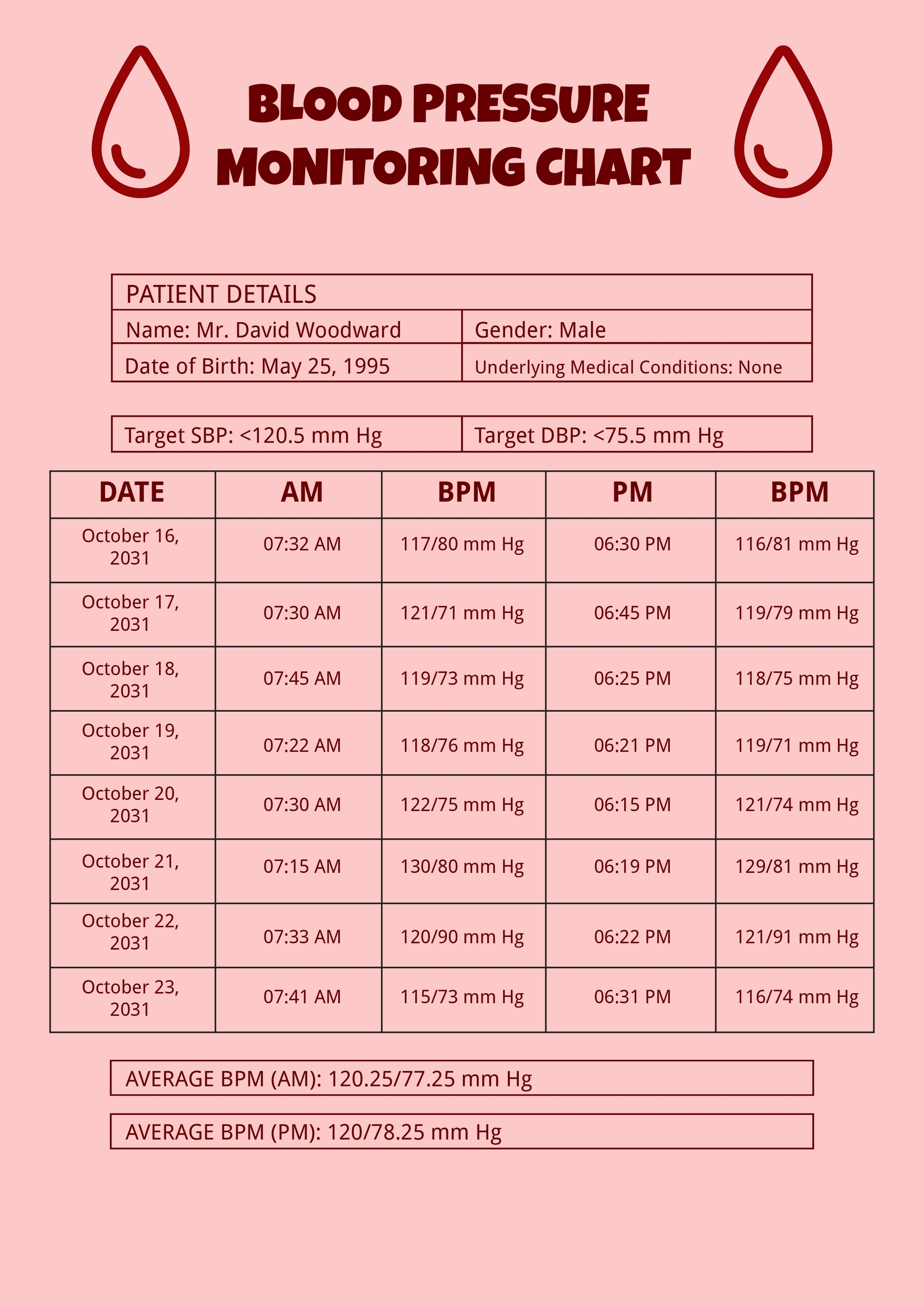
Sprint Trial Blood Pressure Guidelines Chart
https://images.template.net/111387/blood-pressure-monitoring-chart-template-acrce.jpg
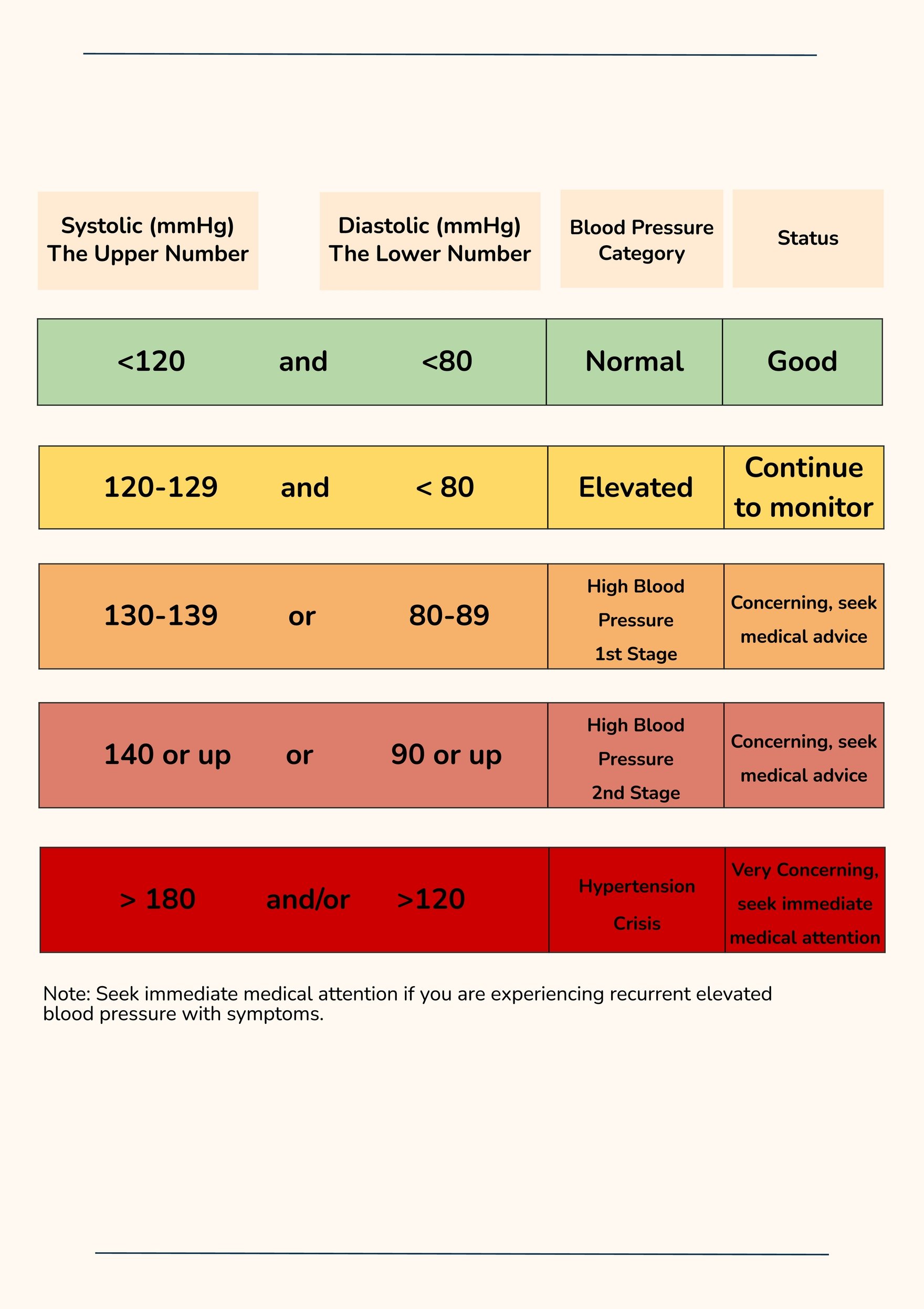
0 Result Images Of Blood Pressure Chart New Guidelines PNG Image Collection
https://images.template.net/115790/patient-blood-pressure-chart-qcf1w.jpg

NIH s SPRINT Trial Played A Key Role In The Evolution Of The New Blood Pressure Guidelines
https://www.nhlbi.nih.gov/sites/default/files/styles/16x9_crop/public/2017-12/Blood pressure machine SPRINT.png?h=4a7d1ed4&itok=oE_yz4d5
Systolic Blood Pressure SBP Goal 120 mm Hg May begin with a single agent for patients 75 years old with SBP 140 on 0 1 medication A second medication should be added after 1 month if patient is asymptomatic and SBP 130 Based on new evidence related to brain health observed in SPRINT Systolic Blood Pressure Intervention Trial 1 this perspective from 2 of its investigators highlights the benefits of achieving a lower systolic blood pressure SBP goal that should be considered in managing hypertension in older adults
The design and rationale of a multicenter clinical trial comparing two strategies for control of systolic blood pressure the Systolic Blood Pressure Intervention Trial SPRINT Treatment Algorithm for the SPRINT Intensive Group Systolic Blood Pressure SBP Goal 120 mm Hg May begin with a single agent for patients 75 years old with SBP 140 on 0 1 medication A second medication should be added after 1 month if
More picture related to Sprint Trial Blood Pressure Guidelines Chart
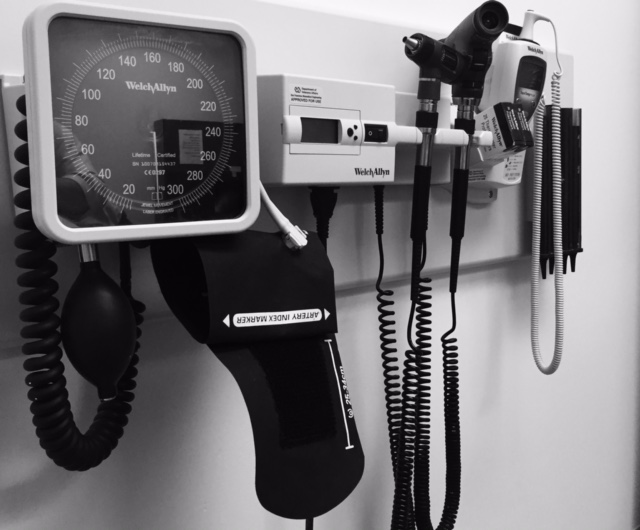
SPRINT Trial Should We Aim For Lower Target Blood Pressures For Older Adults
https://geripal.org/wp-content/uploads/2016/05/SPRINT.jpg
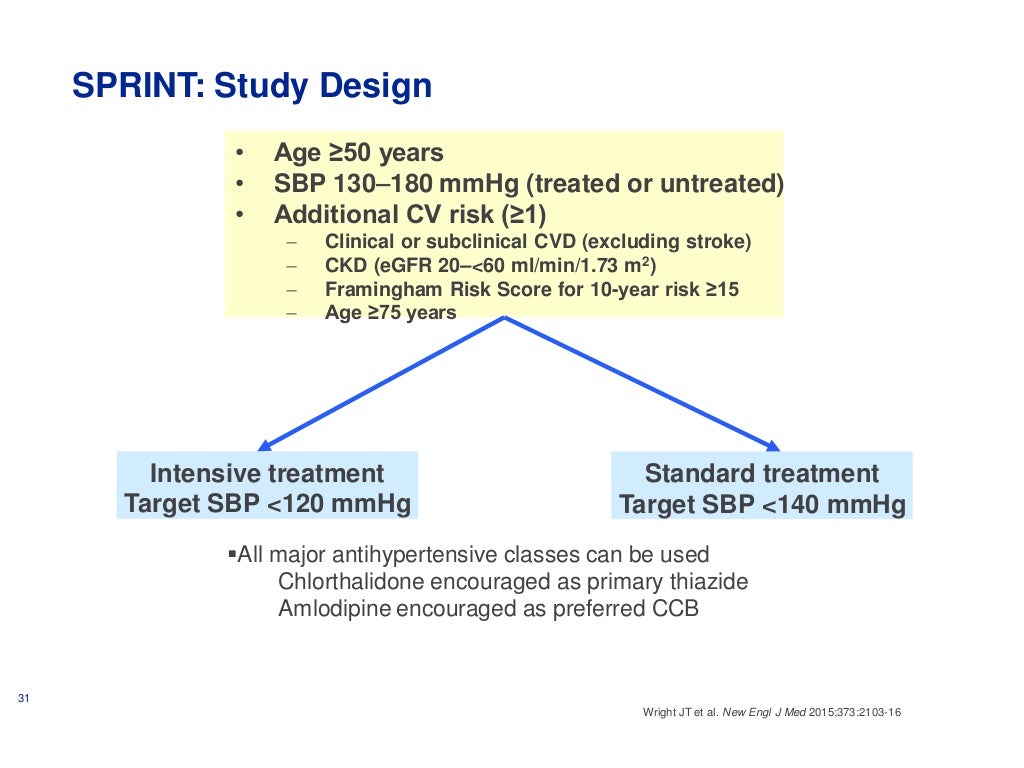
Optimal Blood Pressure Management Implication Of The SPRINT Trial B
https://image.slidesharecdn.com/bpvsprintv2-170220003129/95/optimal-blood-pressure-management-implication-of-the-sprint-trial-blood-pressure-variability-31-1024.jpg?cb=1487550915
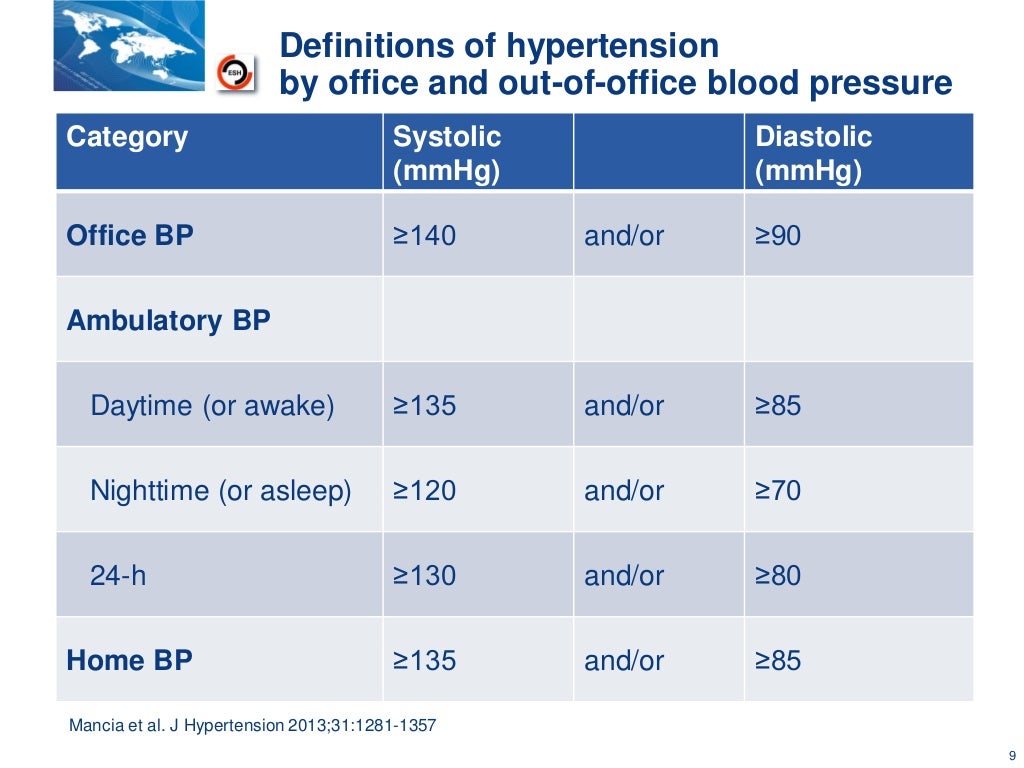
Optimal Blood Pressure Management Implication Of The SPRINT Trial B
https://image.slidesharecdn.com/bpvsprintv2-170220003129/95/optimal-blood-pressure-management-implication-of-the-sprint-trial-blood-pressure-variability-9-1024.jpg?cb=1487550915
The Systolic Blood Pressure Intervention Trial SPRINT found evidence of cardiovascular benefit with intensive lowering of systolic blood pressure goal 120 mm Hg compared with the currently recommended goal 140 mm Hg in older patients with cardiovascular risk but without diabetes or stroke This article reviews the trial design and The Systolic Blood Pressure Intervention Trial SPRINT found evidence of cardiovascular benefit with intensive lowering of systolic blood pressure goal 120 mm Hg compared with the currently recommended goal 140 mm Hg in older patients with cardiovascular risk but without diabetes or stroke This article reviews the trial
The SPRINT Systolic Blood Pressure Intervention Trial demonstrated reductions in major cardiovascular disease events and mortality with an intensive systolic blood pressure SBP goal intervention However a detailed description of the blood pressure intervention antihypertensive medication usage blood pressure levels and rates Based on the SPRINT trial it is highly likely that new SPRINT era guidelines will establish a blood pressure BP goal of 130 80 mm Hg for those aged 50 or older who are at high risk for a cardiovascular event In this group SPRINT demonstrated that assignment to an intensive treatment systol
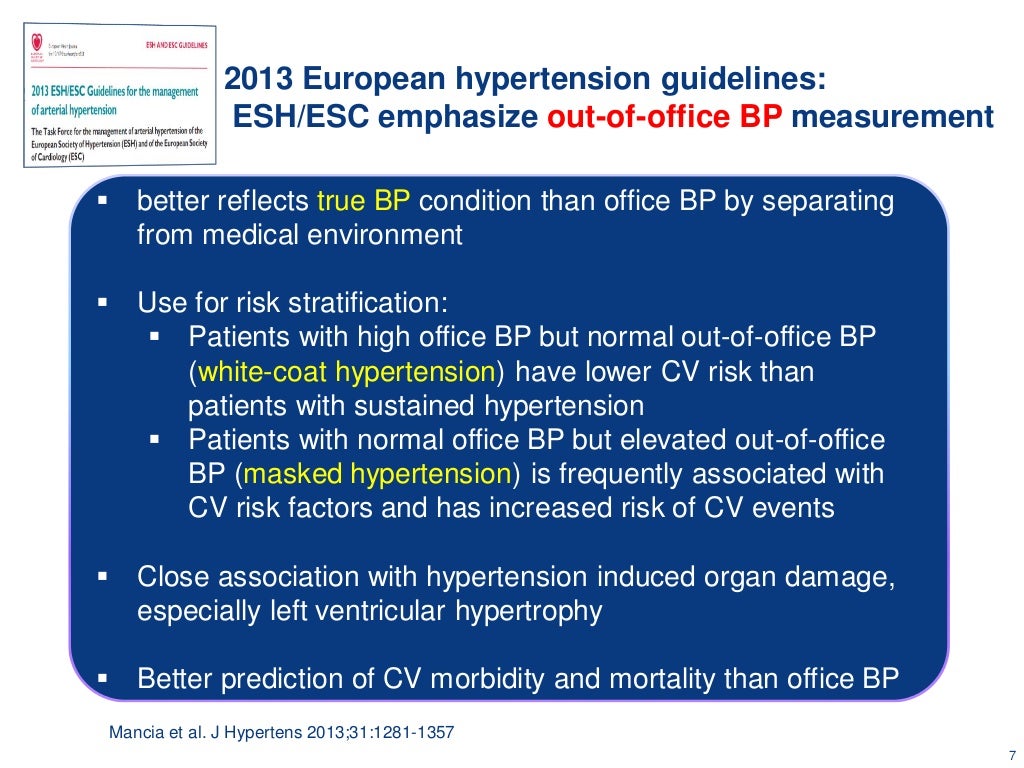
Optimal Blood Pressure Management Implication Of The SPRINT Trial B
https://image.slidesharecdn.com/bpvsprintv2-170220003129/95/optimal-blood-pressure-management-implication-of-the-sprint-trial-blood-pressure-variability-7-1024.jpg?cb=1487550915
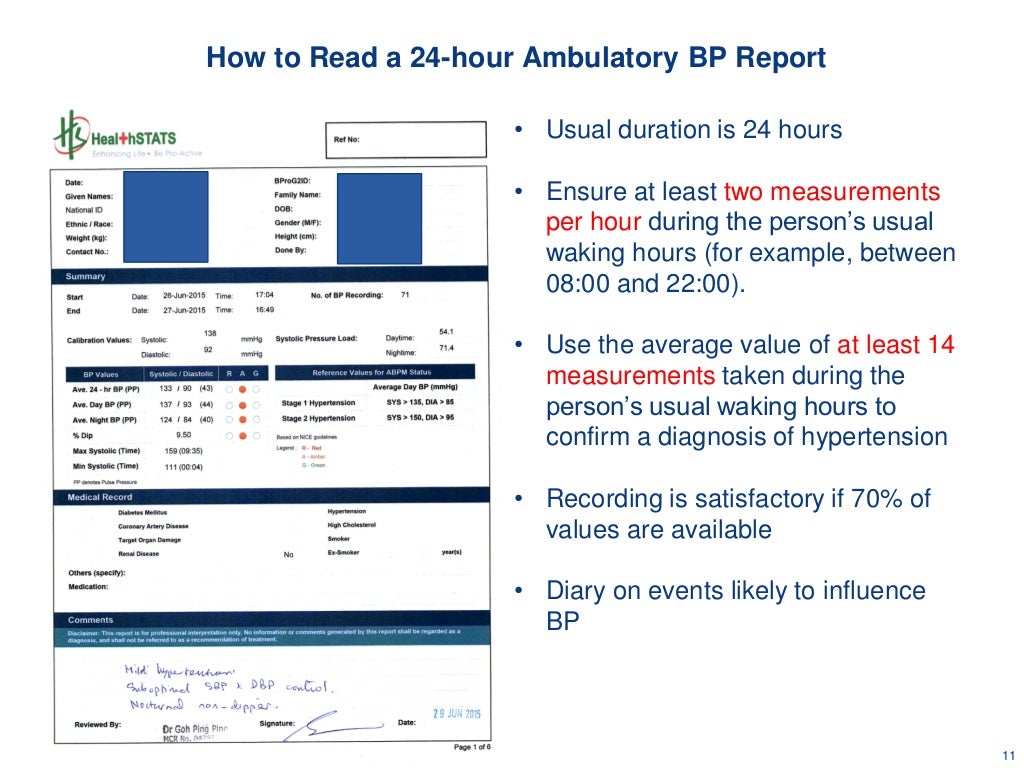
Optimal Blood Pressure Management Implication Of The SPRINT Trial B
https://image.slidesharecdn.com/bpvsprintv2-170220003129/95/optimal-blood-pressure-management-implication-of-the-sprint-trial-blood-pressure-variability-11-1024.jpg?cb=1487550915
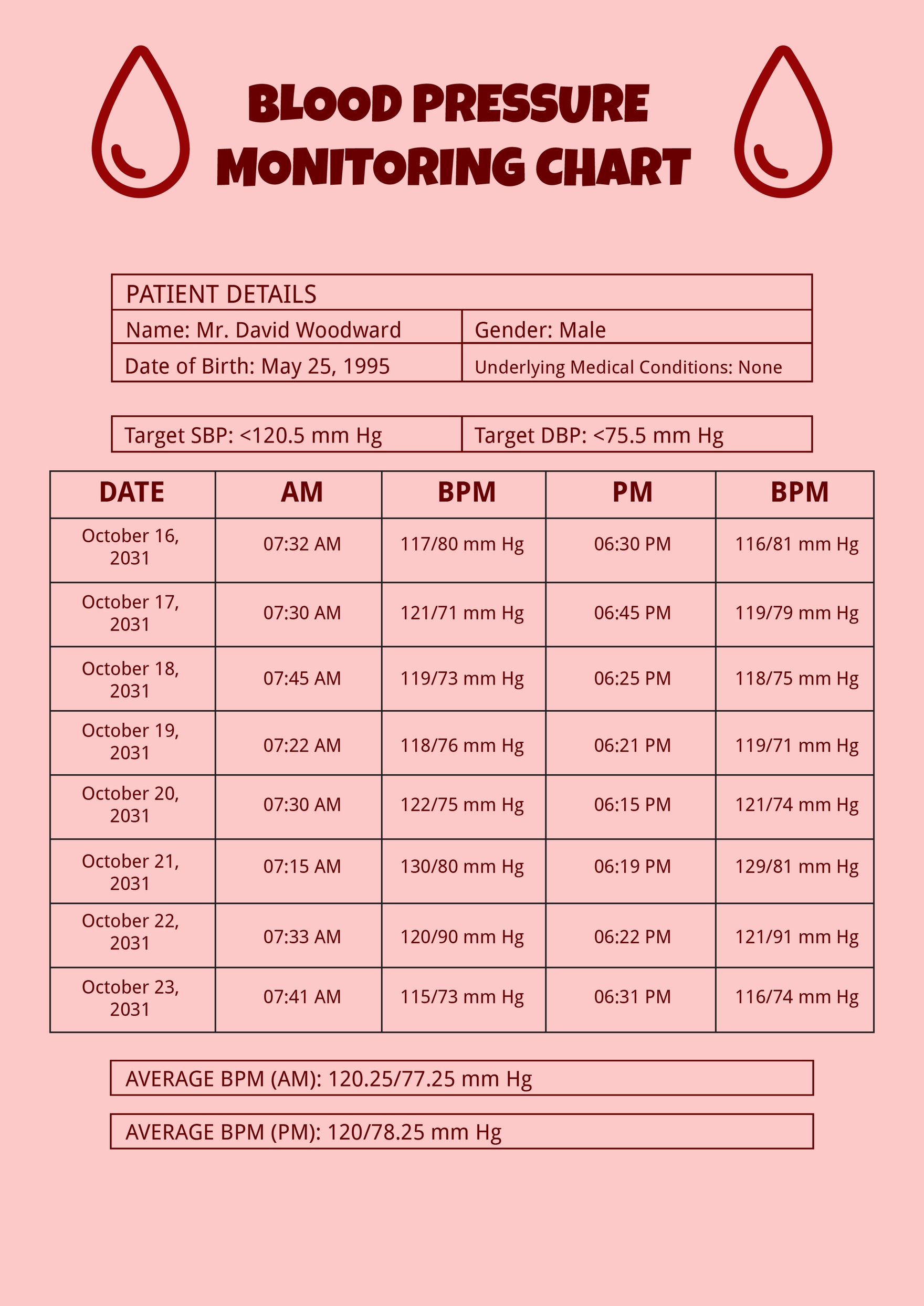
https://pmc.ncbi.nlm.nih.gov › articles
The Systolic Blood Pressure Intervention Trial SPRINT demonstrated the effectiveness of treating SBP to levels well below those previously recommended in US and European BP guidelines 1 The SPRINT results have informed guideline committees in recommending treatment to SBP targets lower than previously advised 2 4 However some of the
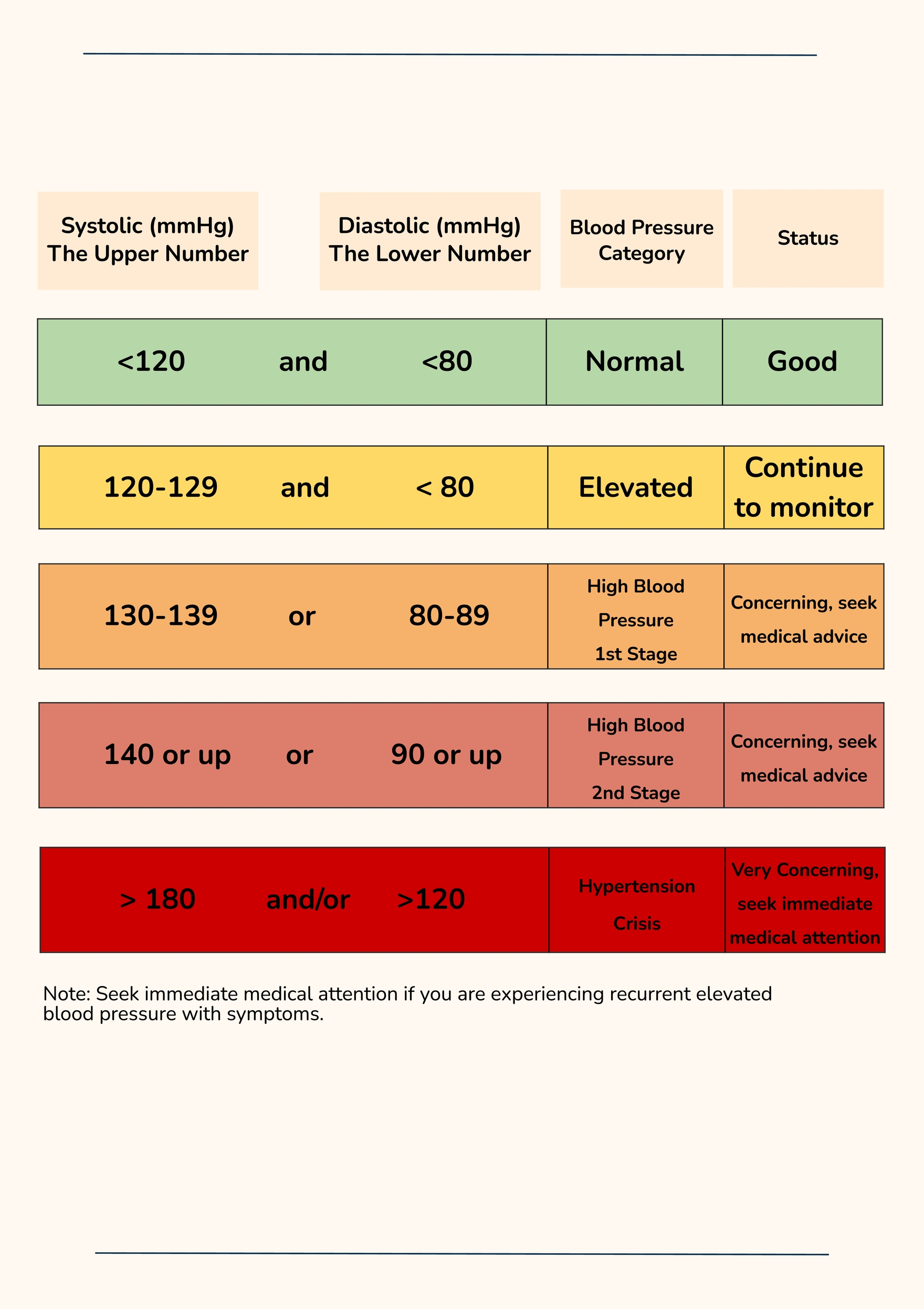
https://www.nhlbi.nih.gov › science › systolic-blood-pressure-interven…
The NIH Systolic Blood Pressure Intervention Trial SPRINT an NHLBI supported study aims to answer three important research questions about how lowering systolic blood pressure to less than 120 millimeters of mercury mm Hg affects the cardiovascular system kidneys and brain
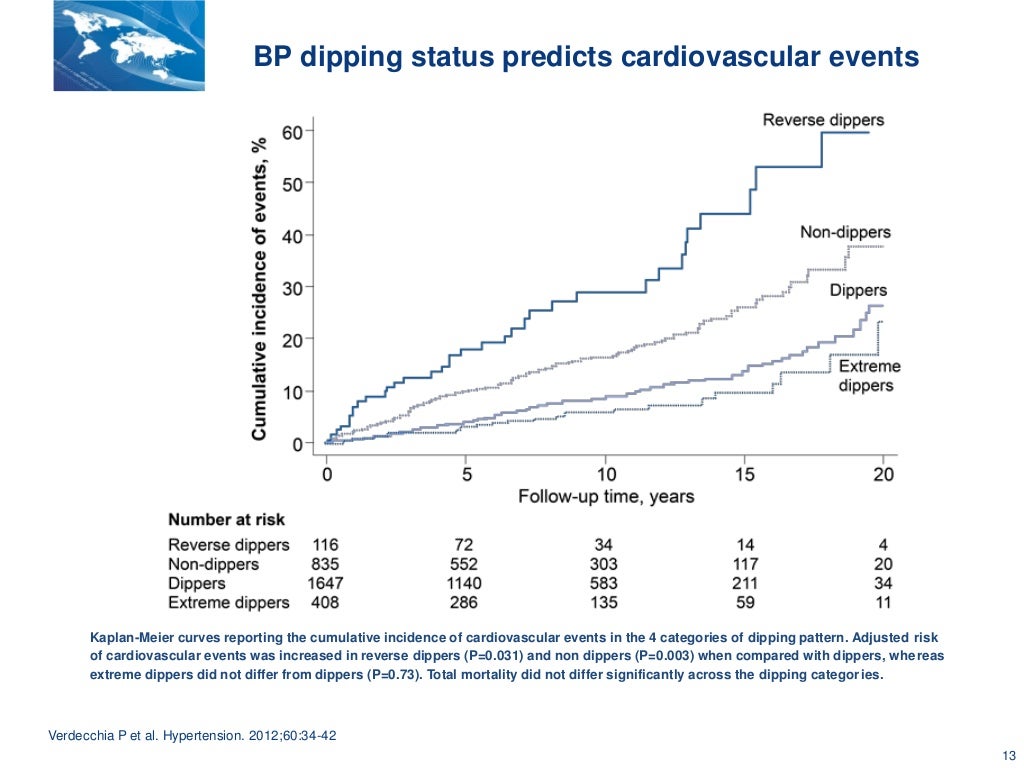
Optimal Blood Pressure Management Implication Of The SPRINT Trial B

Optimal Blood Pressure Management Implication Of The SPRINT Trial B
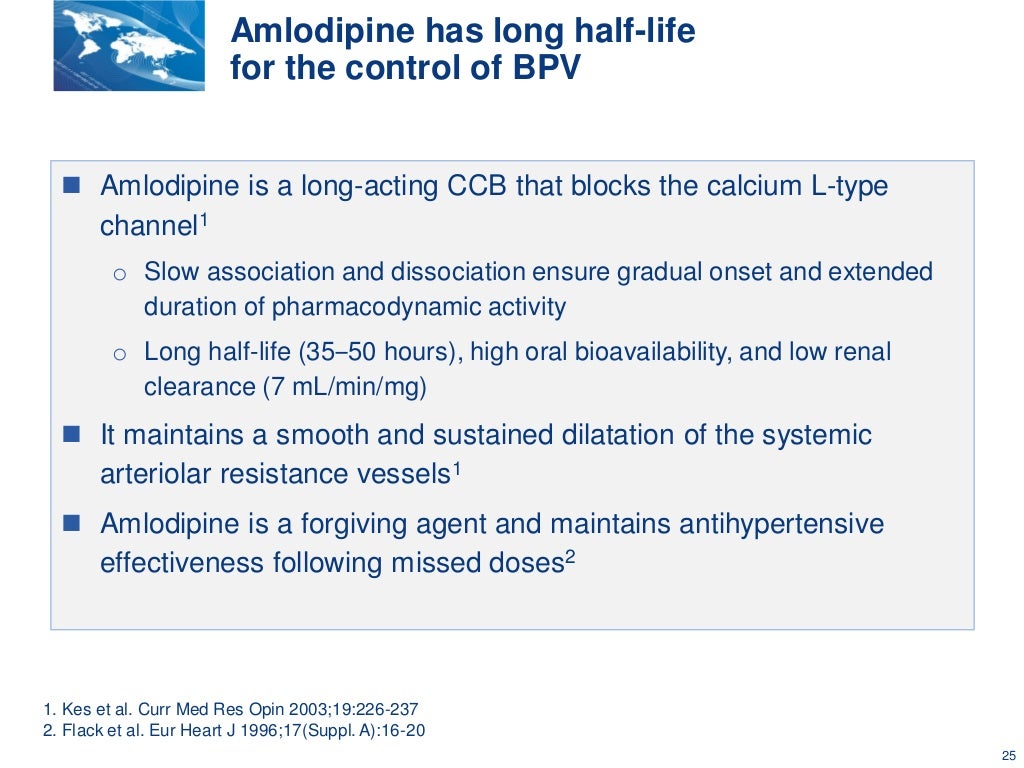
Optimal Blood Pressure Management Implication Of The SPRINT Trial B
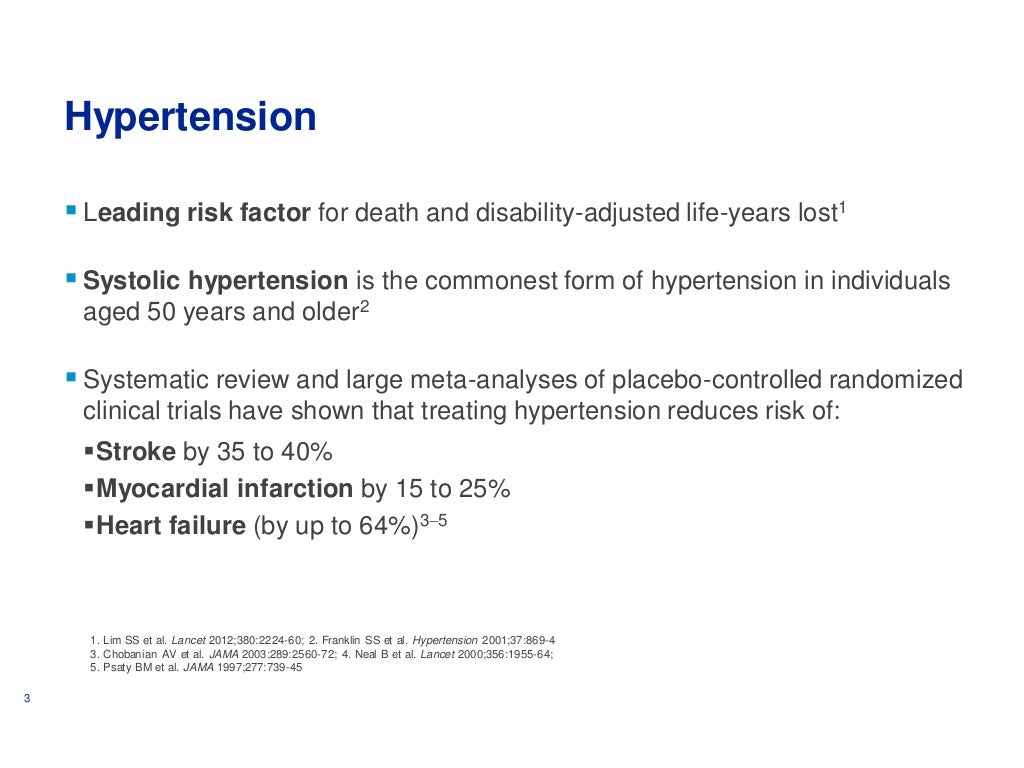
Optimal Blood Pressure Management Implication Of The SPRINT Trial B
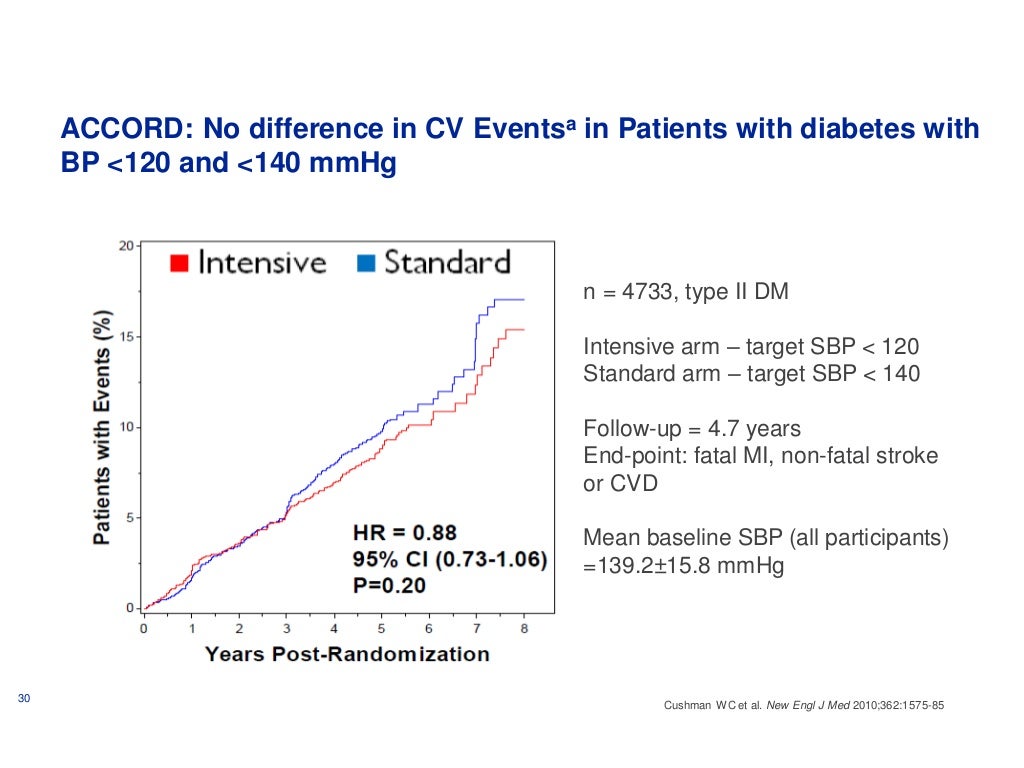
Optimal Blood Pressure Management Implication Of The SPRINT Trial B
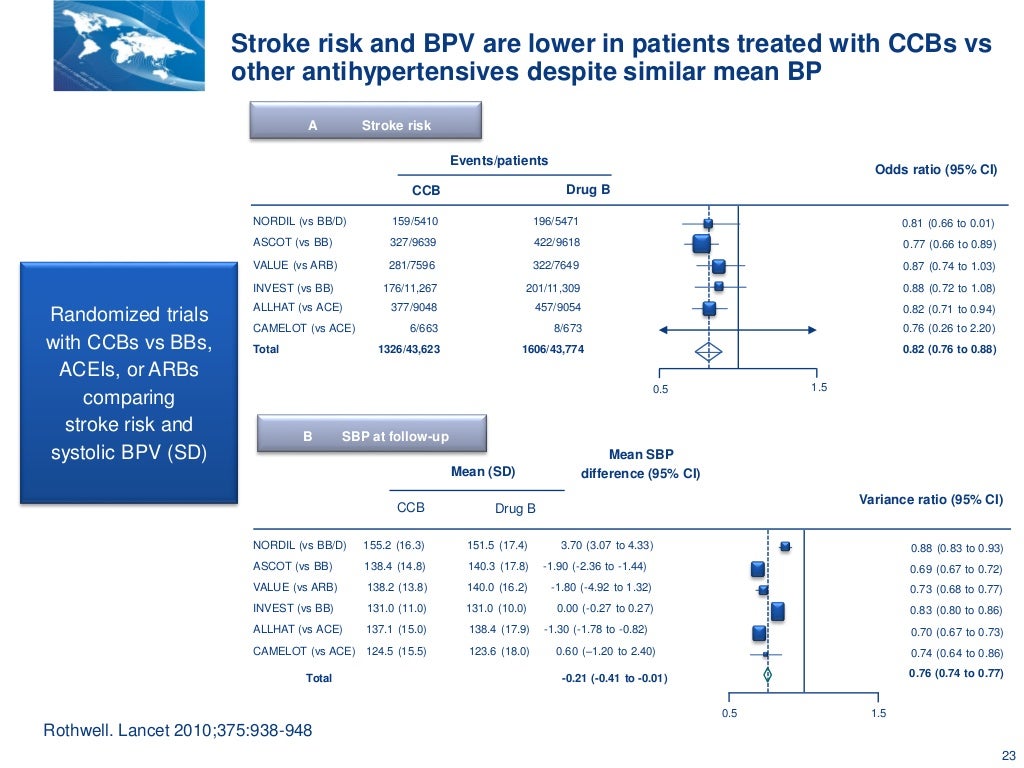
Optimal Blood Pressure Management Implication Of The SPRINT Trial B

Optimal Blood Pressure Management Implication Of The SPRINT Trial B

Hot Topic 1 Implications Of The SPRINT Trial On The Target For Blood Pressure Control Tctmd

Relative Treatment Effect In SPRINT Systolic Blood Pressure Download Scientific Diagram

PDF Blood Pressure Intervention And Control In The Systolic Blood Pressure Intervention Trial
Sprint Trial Blood Pressure Guidelines Chart - Based on new evidence related to brain health observed in SPRINT Systolic Blood Pressure Intervention Trial 1 this perspective from 2 of its investigators highlights the benefits of achieving a lower systolic blood pressure SBP goal that should be considered in managing hypertension in older adults